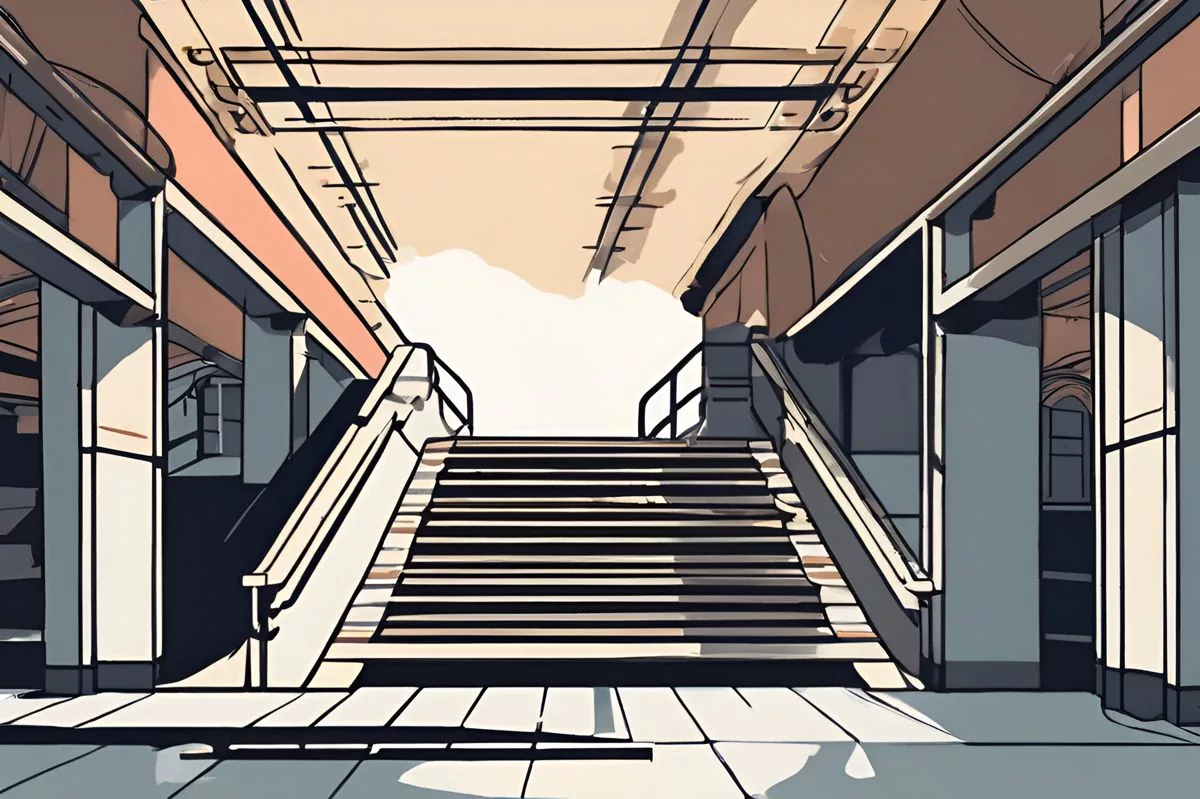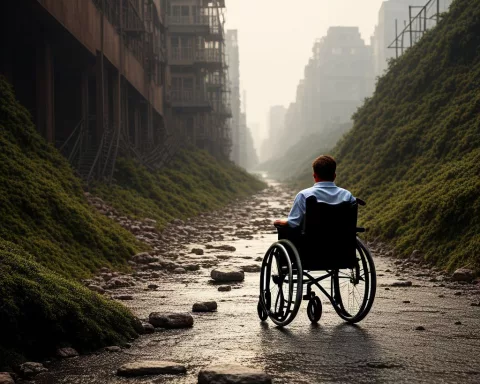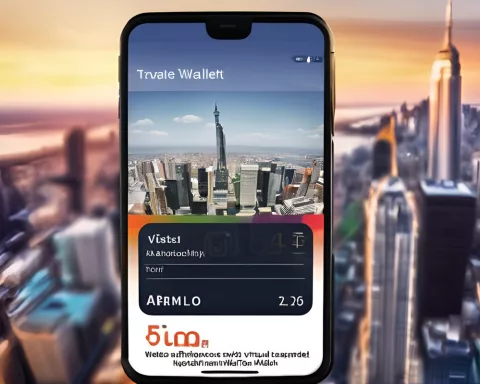Cape Town’s train stations, like Nyanga Junction, face big problems when it comes to helping people with disabilities travel easily. Broken lifts and steep stairs make it tough for those who use wheelchairs or have mobility challenges. Advocacy groups are pushing for change, highlighting the city’s need for better and more inclusive designs in public transport. While there are plans to fix some issues by 2025, many people are still waiting for the everyday travel improvements they deserve. This situation is not just about trains; it reflects a larger need for fairness and respect for everyone in society.
What are the accessibility issues facing Cape Town’s train stations?
Cape Town’s train stations, including Nyanga Junction, struggle with poor accessibility for individuals with disabilities. Non-operational lifts and inadequate ramps create barriers, making travel difficult. Advocacy groups highlight systemic neglect, emphasizing the need for inclusive public transport solutions and urgent infrastructure upgrades.
Transportation forms the lifeline of any city, seamlessly connecting neighborhoods and facilitating the movement of its inhabitants. In Cape Town, however, the narrative surrounding its transport system reveals a concerning disregard for accessibility, particularly for individuals with disabilities. This issue goes beyond mere infrastructure, touching upon societal values and the ongoing journey toward inclusivity in public spaces.
A City Under Scrutiny
Cape Town, celebrated for its breathtaking landscapes and vibrant cultural mosaic, finds its public transport system facing critical examination. The iconic blue trains, fondly known as ‘People’s Trains,’ have become symbolic of both promise and neglect. For passengers without disabilities, boarding these trains is effortless, yet for those with mobility challenges, it is a daily struggle amplified by poor station design and deteriorating infrastructure.
Nyanga Junction exemplifies the accessibility issues plaguing the city’s train stations. This crucial hub in the transport network presents an overwhelming challenge for wheelchair users. Despite the existence of lifts, they remain non-operational, transforming the station’s stairs and inadequate ramps into formidable barriers. Similar obstacles arise in stations like Wynberg, Observatory, and Stuurhof, where stairs hinder equitable travel.
Advocacy and Systemic Challenges
The advocacy group #UnitedBehind leads the charge in addressing these systemic issues. Their scrutiny of the Passenger Rail Agency of South Africa (PRASA) uncovers a pattern of neglect. The non-functioning lifts and elevated train entrances illustrate a lack of consideration for accessibility. The idea that security personnel might carry individuals with disabilities onto trains underscores a deeper systemic failure in designing inclusive transport solutions.
Public spaces have historically mirrored societal norms, and Cape Town’s train stations echo a past where infrastructure prioritized efficiency over inclusivity. This oversight is not unique to Cape Town but is indicative of a global trend where those with disabilities often remain sidelined during urban planning discussions.
PRASA’s response to these accessibility concerns has been mixed, admitting to issues while attributing some to vandalism between 2019 and 2021. While such incidents have exacerbated existing challenges, they fail to explain pre-existing accessibility problems. Stations like Nyanga Junction struggled with these issues long before the stated period, casting doubt on PRASA’s commitment and oversight effectiveness.
The Path to Inclusivity
PRASA has pledged to audit its stations to ensure universal accessibility, presenting a potential turning point. Nonetheless, the timelines for repairing and upgrading lifts, stretching into 2025 for stations like Lentegeur and Mandalay, highlight a slow pace of progress. While audits and repairs are steps forward, they underscore the urgency for many commuters whose daily lives remain affected.
Art has historically served as a powerful catalyst for societal change. In the same way that Impressionism challenged traditional art perspectives in the 19th century, the modern drive for accessible design seeks to redefine our interaction with public spaces. This movement emphasizes that accessibility transcends physical alterations; it fosters a culture of inclusivity and respect for all citizens.
A Broader Societal Dialogue
Cape Town’s struggle with accessible train stations extends beyond logistical issues, prompting deeper reflections on societal values and aspirations. Integrating individuals with disabilities into every aspect of public life aligns with a global shift towards inclusivity. Recognizing the diverse tapestry of humanity as a strength, rather than a division, becomes paramount.
The discussion on accessibility extends beyond trains and stations; it’s a fundamental societal conversation about equity and respect. As Cape Town evolves, its transport infrastructure must embody these principles, ensuring each station serves as a gateway rather than a barrier. The journey towards accessibility, akin to any significant artistic or historical movement, demands persistence and vision, driven by a collective desire to forge a more just and inclusive world.
“`markdown
What are the accessibility issues facing Cape Town’s train stations?
Cape Town’s train stations, such as Nyanga Junction, experience significant accessibility challenges for individuals with disabilities. These include non-operational lifts, steep stairs, and inadequate ramps, which create barriers for those who use wheelchairs or have mobility challenges. Advocacy groups emphasize the urgent need for inclusive public transport solutions and infrastructure upgrades.
Why are non-operational lifts a concern at train stations?
Non-operational lifts at train stations like Nyanga Junction present a major concern as they hinder access for individuals with disabilities. The lack of functioning lifts forces wheelchair users and others with mobility difficulties to navigate stairs, making travel difficult and unsafe. This situation highlights a systemic neglect in addressing the needs of all commuters.
What role do advocacy groups play in addressing these issues?
Advocacy groups, such as #UnitedBehind, are essential in raising awareness and pushing for change regarding accessibility issues in Cape Town’s train stations. They scrutinize the practices of the Passenger Rail Agency of South Africa (PRASA) and advocate for urgent improvements, emphasizing the need for infrastructure that accommodates all individuals, regardless of their abilities.
What has PRASA committed to in terms of accessibility improvements?
PRASA has pledged to conduct audits of its train stations to ensure universal accessibility, marking a potential shift towards more inclusive public transport. However, the timelines for completing repairs and upgrades, some extending to 2025, have raised concerns about the pace of progress and the impact on the daily lives of commuters awaiting these improvements.
How does the issue of accessibility reflect broader societal values?
The challenges with accessibility in Cape Town’s train stations reflect deeper societal values regarding inclusivity and respect for all individuals. The struggle for better access transcends logistical concerns, prompting discussions about equity and the importance of integrating individuals with disabilities into every aspect of public life, ultimately advocating for a more just society.
What is the significance of public transport accessibility for urban communities?
Accessibility in public transport is vital for urban communities as it ensures equitable mobility for all residents. A well-designed and inclusive transport system enhances the quality of life, fosters community engagement, and promotes social inclusion. As Cape Town continues to evolve, addressing accessibility issues in public transport will be crucial in building a more inclusive and connected city for everyone.
“`












